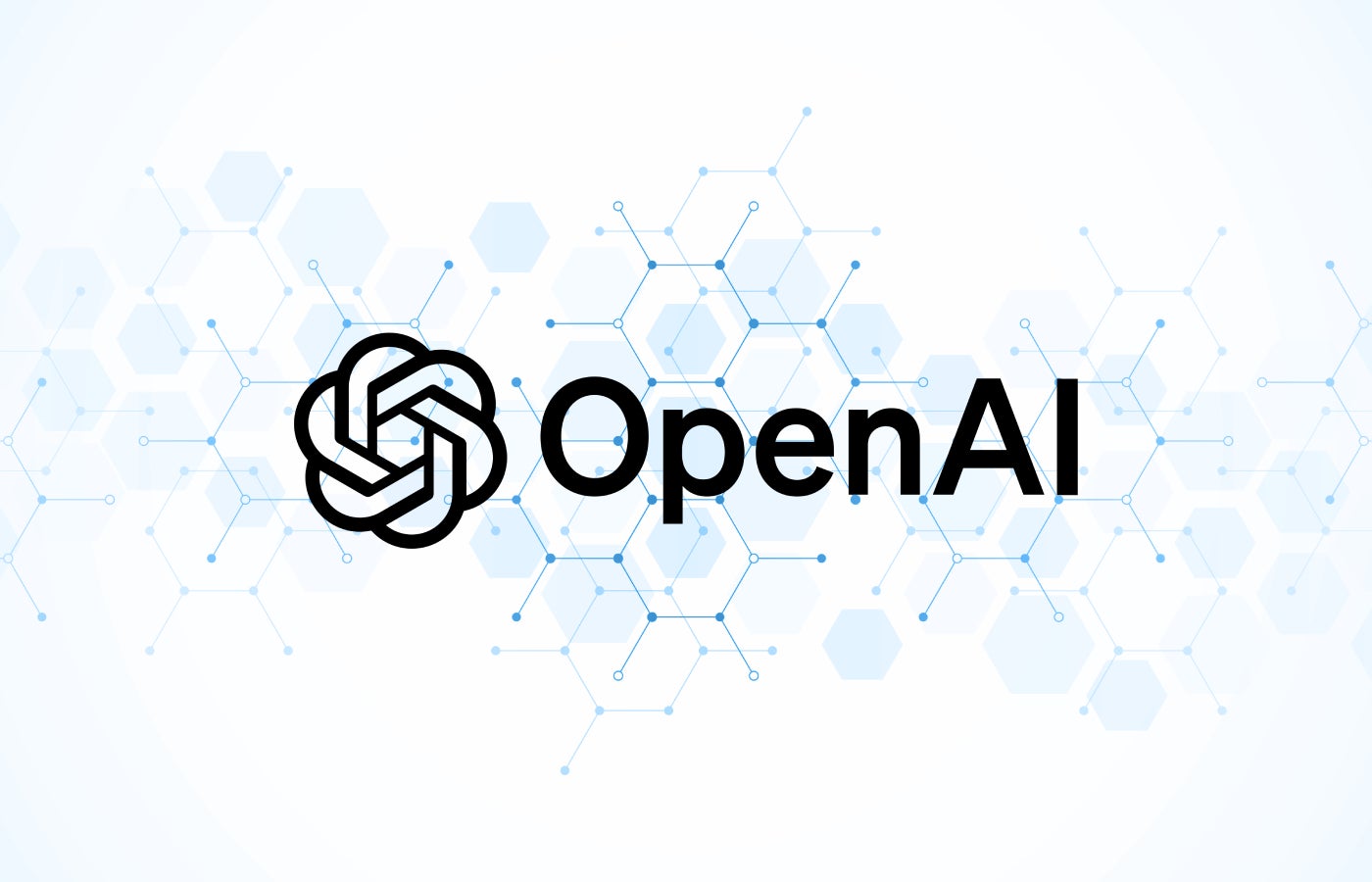Organizations Worldwide Prepare for a Year of AI Transformation, Security Challenges, and Sustainability Imperatives
NetApp Releases Second Annual Data Complexity Report
NetApp, the intelligent data infrastructure company, has released its second annual Data Complexity Report, which examines how global organizations are navigating the increasing complexity of managing their data for AI. The report provides a global view into how AI will impact organizations in 2025 and beyond, offering insights to help businesses leverage AI’s potential while navigating the complexities and risks that accompany this transformative technology.
AI’s Transformative Potential Hinges on Secure, Scalable, and Sustainable Data Strategies
According to the report, 2025 is shaping up to be a defining year for AI, as organizations transition from experimentation to scaling their AI capabilities. The report shows that businesses are making significant investments to drive innovation and efficiency, but these efforts will succeed only if global tech executives can address the mounting challenges of data complexity, security, and sustainability. Intelligent data infrastructure, with unified data storage at its core, will be key to unlocking AI’s potential.
Data Complexity and AI Investment
The report highlights that two-thirds of companies worldwide report that their data is either fully or mostly optimized for AI, meaning their data is accessible, accurate, and well-documented for AI-use cases. However, despite this progress, 2025 will still demand investment in AI and data management. In fact, 40% of global technology executives believe that unprecedented investment in AI and data management will be required for their companies in 2025.
Data Silos: A Critical Driver of AI Success
Data unification is emerging as a critical driver of AI success, with 79% of global tech executives recognizing the importance of unifying data to achieve optimal AI outcomes. Companies that have unified data storage have been able to remove data silos by connecting data regardless of type or location across hybrid multicloud environments, making it always accessible. Companies that prioritize unifying data are more likely to reach their AI goals in 2025, with only 23% of companies that prioritize unifying data saying they won’t reach their goals, versus 30% of companies that don’t prioritize unifying data.
Data Security: A Growing Concern
Global tech executives are bracing for a significant rise in security threats alongside AI adoption, with 41% predicting a sharp increase in 2025. Data privacy and security concerns have remained top challenges globally year-over-year, with AI-leading countries like India, Japan, and the United States nearly twice as likely to report an increase in the number of security issues compared to AI-lagging countries like Germany, France, and Spain.
Data Sustainability: A Growing Concern
As AI adoption accelerates, 34% of global tech executives anticipate major shifts in corporate sustainability processes, and 33% expect new government energy policies and investments. AI-driven data growth and the infrastructure needed to turn data into business value uses a lot of energy, which runs counter to sustainability goals, with AI-leading countries experiencing a greater impact than AI-lagging countries.
Conclusion
The Data Complexity Report highlights a pivotal shift: businesses that invest in intelligent data infrastructure, prioritize security, and factor in sustainability are not only future-proofing their operations but also gaining a significant competitive advantage in the AI-driven landscape. By tackling the challenges of data complexity, security, and sustainability, organizations can drive innovation while ensuring resilience, responsibility, and timely insights in the new AI era.
FAQs
Q: What is the significance of AI in 2025?
A: 2025 is shaping up to be a defining year for AI, as organizations transition from experimentation to scaling their AI capabilities.
Q: How can organizations optimize their data for AI?
A: Two-thirds of companies worldwide report that their data is either fully or mostly optimized for AI, meaning their data is accessible, accurate, and well-documented for AI-use cases.
Q: What is the importance of data unification in AI success?
A: Data unification is emerging as a critical driver of AI success, with 79% of global tech executives recognizing the importance of unifying data to achieve optimal AI outcomes.
Q: What are the security concerns surrounding AI adoption?
A: Global tech executives are bracing for a significant rise in security threats alongside AI adoption, with 41% predicting a sharp increase in 2025.
Q: How can organizations ensure sustainability in AI adoption?
A: As AI adoption accelerates, organizations can ensure sustainability by investing in intelligent data infrastructure, prioritizing security, and factoring in sustainability.









